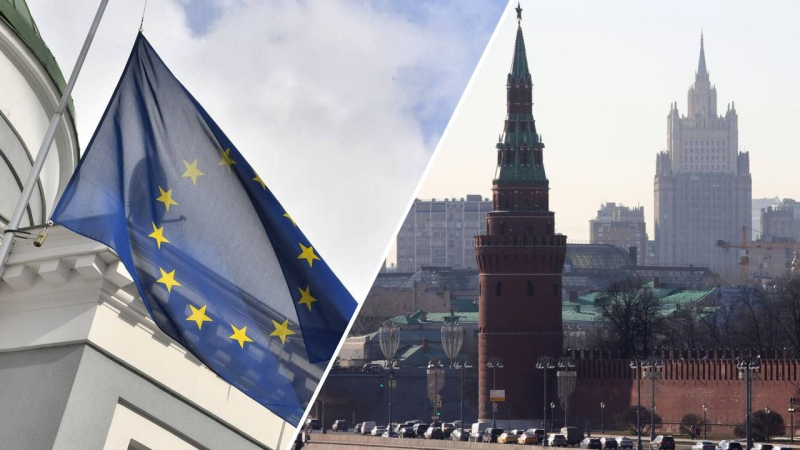The EU has softened its proposal for sanctions against Russia/Collage 24 Channel< p _ngcontent-sc90 class="news-annotation">Member states of the European Union have discussed 12 packages of sanctions against Russia. The EU countries have not reached an agreement on a ban on the sale of tankers to Russian enterprises and organizations that could use them to circumvent oil price restrictions. In November 2023, the European Commission approved a ban on the sale of Russian diamonds as part of its 12th package of sanctions. This should increase pressure on Russia's military economy. New European Union restrictions focus on a ban on diamonds from Russia and new measures to limit the flow of Russian oil. The European Union also plans to make it more difficult to circumvent existing sanctions against an aggressor state, including restrictions on oil prices of the G7 countries. The commission initially wanted to ban the sale of old tankers to Russian entities for use in Russia, as well as to businesses that might use tankers to circumvent the G7 oil price cap, but the proposal was rejected, it said. At the same time, Mediterranean countries with strong shipping companies expressed concern. They argue that such actions could put them at a competitive disadvantage. In the latest draft sanctions, the above-mentioned companies will now only have to report such sales.
Sanctions against Russia
Restrictions imposed on Russia: latest news
The proposal for naphtha tankers was rejected: the EU softened the initiative on sanctions against Russia
58

